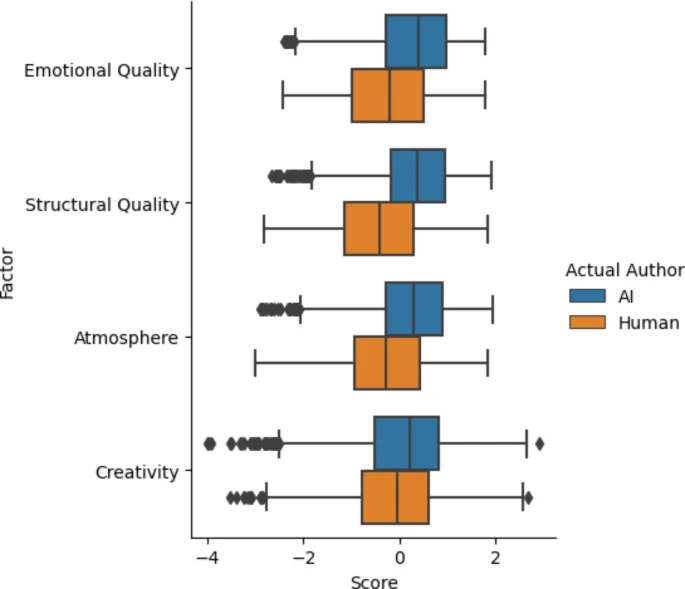If you are a European who might be allergic to some compounds in cosmetics, you are out of luck. In 2009, outside a few exceptions, the European Union banned the use of animals in cosmetic testing - though they still allow it in plenty of other things. Heck,
in the UK 91% of basic research using animal testing was found to have a societal benefit and, while that was a failure to animal rights groups who know nothing about science, 91% is jaw-on-the-floor incredible for basic research.
Susan Greenfield is always interesting. And
New Scientist is always willing to print anything. It's a happy time
when they get together.
Greenfield once said playing Prokofiev at half speed would lead to depression,
leading me to reply
Sometimes the precautionary principle can run amok. Anti-science people who don't accept climate science use it to prevent meaningful policy actions related to the environment while anti-science people who don't accept biology block efforts to improve food sources so crops can grow in areas where the world's poorest live, or improve yields to feed more people, and use silly labels like "Frankenfood."
In
Proofiness - How Gender And Pay Statistics Are Used To Do Bad Things, I noted that some of the statistics regarding gender and pay in science were misconstrued to make it look like science academia is sexist as opposed to simply being unequal in places.
This afternoon we had the first formal meeting for product planning of the Science 2.0 television pilot.
As you can imagine, there was talk of technical details, how the creative guys will set up the shot lists and storyboard the segments, what segments we will use, and then some of the philosophical stuff.
Like, what will make Science 2.0 a science show for the next century?
I told the agency and the producer what a fond recollection U.S. scientists of today have for shows like "Nova" and Carl Sagan's "Cosmos" - but noted that at the time, those were not regarded as stodgy, traditional ways of doing science on television, they were cutting edge.
Proofiness, slightly different than Stephen Colbert's
truthiness, is basically finding statistics you want to believe to enhance your confirmation bias. It was coined by
Charles Seife, a long-time science writer who teaches journalism at New York University, because he was outraged at skewed representation on both sides of the aisle, like Al Gore for cherry-picking data about global warming and George Bush for cherry-picking data about how tax refunds would save poor people money. He wrote a book on it called "Proofiness: The Dark Arts of Mathematical Deception" to clobber everyone he found doing it.
 Rutgers Study - Forcing DEI Programs On People Increases Hostility
Rutgers Study - Forcing DEI Programs On People Increases Hostility Minnesota Trial Lawyers Want To Ban Neonics - Here Is Why That Is A Mistake
Minnesota Trial Lawyers Want To Ban Neonics - Here Is Why That Is A Mistake The Toxic Masculinity Of Disney Movies
The Toxic Masculinity Of Disney Movies AI And The Poetry Problem
AI And The Poetry Problem









